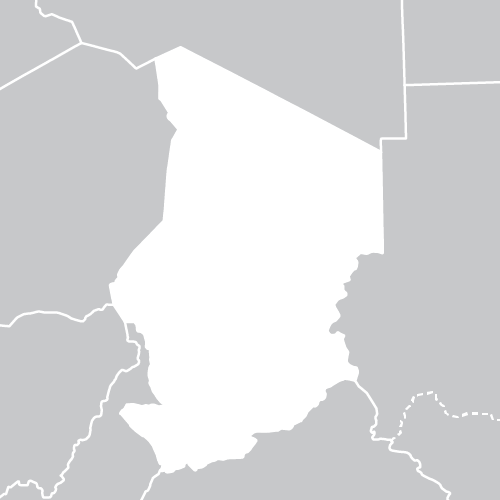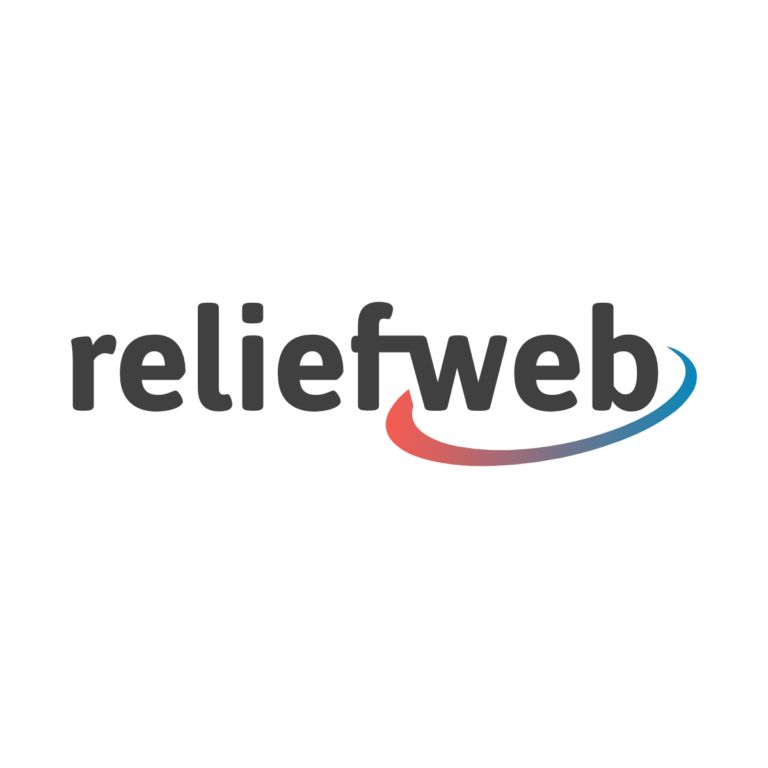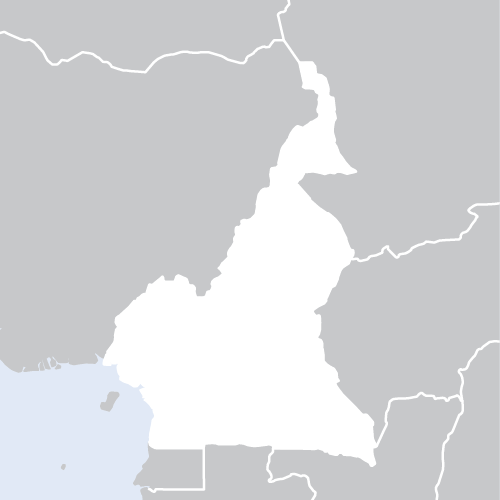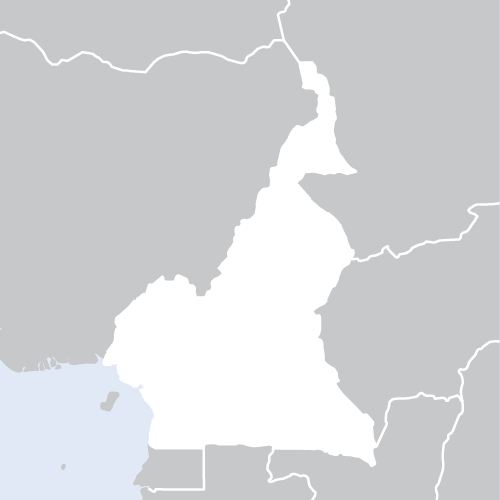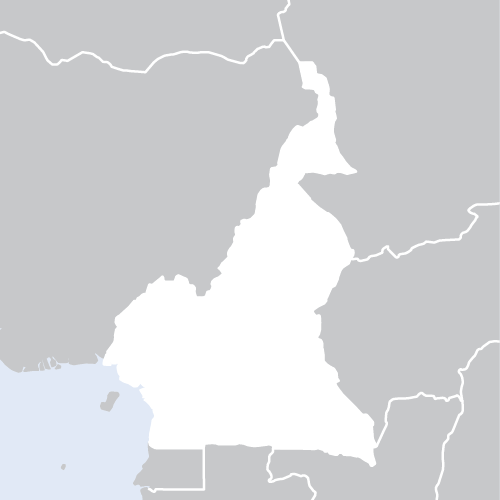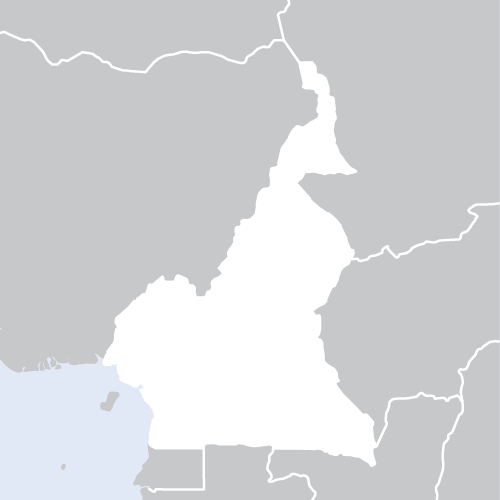Sub Office Manager (Monitoring and Evaluation (M&E))
The African Initiatives for Relief and Development (AIRD) is a non-political, non-religious and non-profit making NGO with Country Program Offices in Burkina Faso, Burundi, Cameroon, Central African Republic, Chad, Democratic Republic of Congo, Ethiopia, Liberia, Niger, South, Tanzania, and Uganda. AIRD’s objective is to offer operational support, including but not limited to supply chain, logistics, construction, infrastructure, environment, livelihoods and WASH in partnership with relief and development organizations that focus on disaster-affected and development-oriented areas. AIRD delivers for and through partners including but not limited to UN Agencies, international and national donor organizations and governments.
AIRD now seeks to hire a Sub Office Manager (M&E)
Job summary
This position provides a hybrid work arrangement and involves overseeing a sub-office while addressing the nationwide monitoring and evaluation (M&E) gap. The role entails delivering comprehensive management, logistical, financial, and administrative support to ensure seamless operations at the office level. At the same time, the incumbent will assume a leadership role in collaboration with Senior Management, guiding all aspects of Monitoring, Evaluation, and Learning (MEL) and upholding program standards at the national level.
Key Responsibilities
M&E Strategic Leadership
- Provide leadership, in collaboration with Senior Management, in all aspects of MEL and program standards.
- Participate in the facilitation of country and sector-level strategic planning sessions, assisting program managers, directors, and in the development of the annual plans.
- Coordinate country-wide collection and compiling of MEL data (e.g. counting of beneficiary numbers) as part of the regular reporting to HQ and UNHCR representations.
- Support the development of sector strategies and frameworks in accordance with the overall country strategy
- Support the development of processes to support the programs team in integrating cross- grants learning and ensure that lessons learned are used to inform the adaptation of activities and future program design
- Contribute to AIRD efforts on the development of partnership strategy, ensure a coherent and consistent approach to partnership and decision-making
- Actively participate in management meetings and country-wide strategy sessions.
- Represent AIRD in Chad as needed in meetings and discussions on MEL issues with UNHCR other implementing partners and other donors.
Operational Management
- Ensure operations receive timely, effective, and efficient management, administrative, financial and logistical support services to meet project objectives
- Ensure management, administrative, and logistical support systems, and procedures are followed
- Implement appropriate management, administrative, and logistical support systems and procedures in coordination with the Operation Manager
- Manage the support and administration team
- Oversee cashbook entries and financial coding at the Sub Office
- Foster good communication and coordination between the support, administration team and the technical operational team
- Implement the Human Resources, Procurement, Logistics, and Financial SOPs throughout AIRD programs
- Participate in meetings, networks, seminars and conferences which relevant and beneficial to AIRD and its mission and mandate
- Contribute to fundraising initiatives where appropriate
Warehouse Management
- Supervise, monitor, and coordinate movements of supplies
- Maintain proper documentation and update stock cards and bin cards
- Ensure the proper storage of items according to each reference requirements
- Prepare and submit consolidated stock movement reports every month
Workshop Management
- Supervise, monitor, and coordinate the activity of the workshop in the Sub Office
- Ensure that the workshop inventory list for all equipment and spare parts is updated every month.
- Ensure that maintenance is carried out timely, with due regard for the safety of all concerned and the operations expected by the client/partners.
Fleet and fuel management
- Plan transport and fuel operations in coordination with the logistics officer in the Sub Office
- Monitor vehicle movement to ensure timely delivery of services to the client and beneficiaries
- Ensure that drivers comply with the laws of the countries and at all times act with courtesy and professionalism
Human Resources
- Participate in the induction of new staff in the Sub Office
- Conduct appraisals of line-managed staff as per AIRD systems
- Support the selection, recruitment, and disciplinary systems and procedures of Sub Office staff
- Participate in the national staff capacity building, identification of staff training needs, and providing mentoring support where appropriate
Reporting and Communications
- Ensure daily communication and coordination, participate in CMT meetings, and coordinate Sub Office management meetings and briefings
- Ensure timely and detailed production of AIRD program internal reports
Representation
- Represent AIRD when dealing with local authorities, other organizations, and NGOs within the Sub Office area of operations
- Ensure all relevant parties are kept informed of AIRD activities as appropriate
- Support in area Public Relations/Communications role
Donor and partner-related activity
- Coordinate the collection of information, and draft funding proposals and budgets
- Identify and collect information on possible future donors and funding opportunities
- Create and maintain relationships with donors, partners, and other parties
Information Management
- Develop and maintain systems for recording program activities, outputs, and impact
- Provide relevant materials, case studies, photographs, events, and media contacts in line with AIRD’s corporate profile, identity, and message
- Develop appropriate internal reporting formats and ensure effective internal information flows
Finance Management
- Implement the Finance Policies and Procedures Manual as per the AIRD requirements
- Update the CPD with accurate information regarding the budget balances of the project(s) on a monthly basis
- Submit financial reports to UNHCR and other donors after endorsement by the CPD as per the UNHCR and AIRD rules and regulations
- Monitor the cash flow and budget utilization at the country program
- Remit timely payments of staff salaries and all other staff obligations as per the labor laws of the country
- Ensure an accurate budget coding of all financial documents on file
- Conduct monthly trial balance for both local & foreign currencies on monthly basis
Business Planning
- Contribute towards program business plans and budgets
- Support in the planning and implementation of activities and events within the program area
- Support in the monitoring and evaluation of program activities
- Undertake any other duties appropriate to the post as may be required
Qualifications and Education Requirements:
Minimum bachelor’s degree and/or postgraduate degree in Supply relevant fields.
General Work Experience:
- University degree in a relevant field.
- At least 10 years’ relevant professional experience, including at least 7 years working in MEL for non-governmental organizations working in international relief and development.
- Demonstrated expertise and experience in MEL, including the development and use of log-frames, indicators, MEL plans and systems.
- Possess skills in qualitative and quantitative MEL methodologies and techniques.
- Experience in developing and implementing baseline studies and evaluations.
- Significant experience in training and capacity building.
- Experience/familiar with program management minimum standards including MEL, project management, participant accountability.
- Experience with MEL systems of various donors, including USAID, FCDO, EU,UNs etc.
- Familiarity with Humanitarian Principles preferred.
- Leadership experience in emergency response programs preferred.
- Strong knowledge of software applications typically used for data management, collection, analysis, and reporting (e.g., Excel, Access, SPSS/STATA, ODK, Kobo, Enketo, Ona, CommCare, TolaData, PowerBI, Visual Studio, MAXQDA, or others).
- Excellent oral and written communication skills both in English and French
- Demonstrated attention to detail, meet deadlines, take initiative, anticipate, and solve problems.
- Multi-tasking, coordination, organization, and prioritization skills essential.
- Willingness to engage in regular travel to program sites in the field.
Languages:
- Must be conversant with English and French (written and spoken)
How to apply
To apply, please use the link: https://airdinternational.org/job/sub-office-manager-monitoring-and-evaluation-me/
